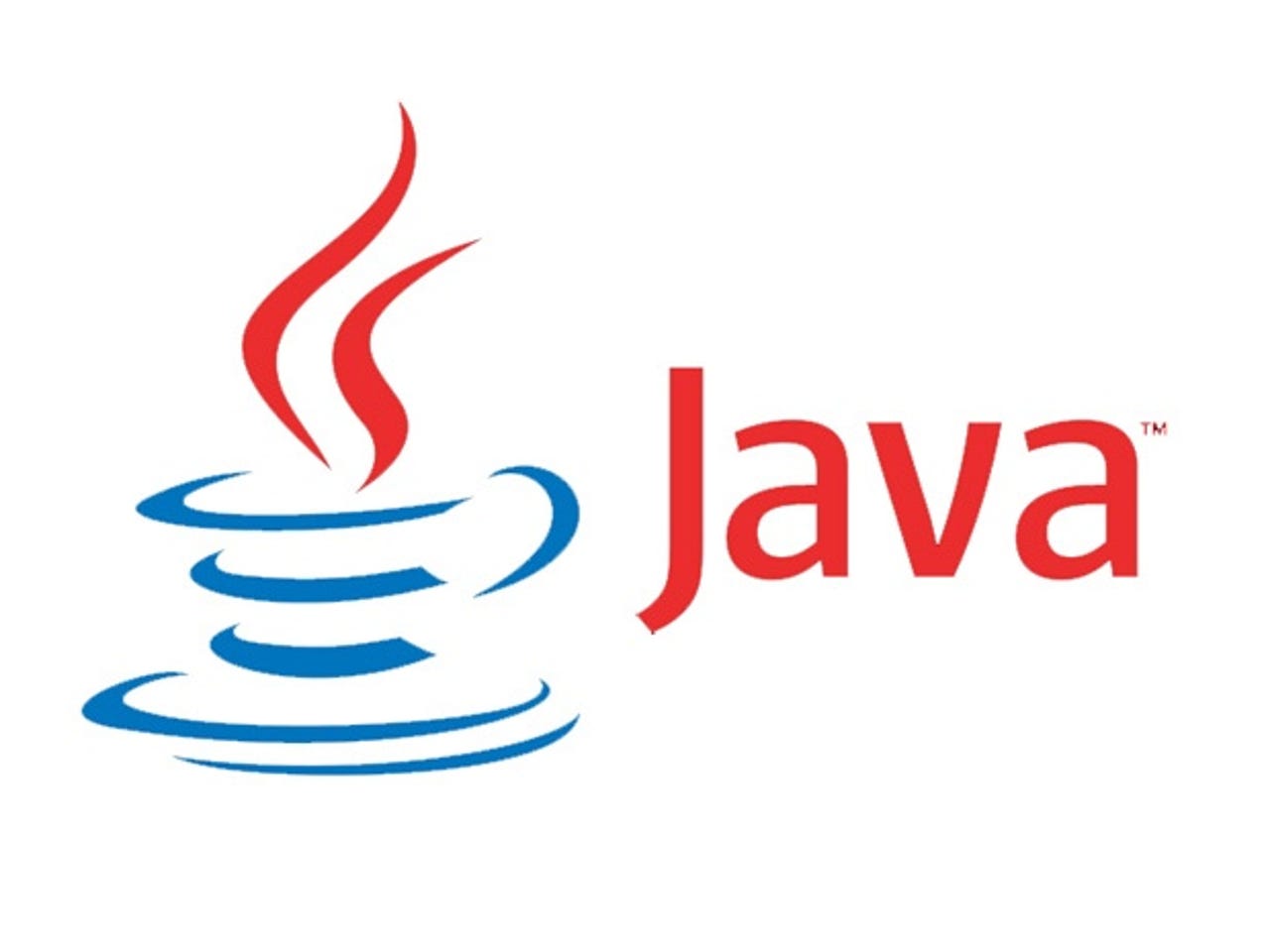Oracle is 'taking good care of Java post-Sun'

When Oracle announced it was buying Sun and taking stewardship of Java there were a lot of concerned open-source software fans. But, two and a half years on, Oracle is doing a fine job of steering Java in the right direction, according to analysts IDC.

"Oracle was thought by many, especially in the open-source software community, to be the antithesis of the type of company that should run Java. As a result, the Sun acquisition raised alarms in the Java community," Al Hilwa, programme director of application development software at IDC, said in a report focusing on the acquisition on Thursday.
"The concerns were around whether Oracle would keep Java implementations in open source, whether it would seek to monetise Java more aggressively by increasing its licensing fees, or how Oracle would govern Java and whether it would do so with sufficient community input," he added.
Contrary to some people's expectations, Hilwa believes Java enthusiasts' worst fears have not been realised and that Oracle is taking good care of the project.
"Two and a half years after Oracle closed on the Sun acquisition in January 2010, many of the fears of the broader Java community have not materialised. Oracle has navigated most decisions with a deliberate and decisive approach," Hilwa said in the report.
During that time, Hilwa added, Oracle has taken steps to decisively end a long-running dispute about the approval of Apache Harmony's implementation of Java and brought key companies such as Apple, IBM, and SAP to the OpenJDK open-source implementation of Java.
Hilwa added that by splitting and shipping the planned improvements to Java SE 7 in two releases, Oracle effectively "made more significant advancements after the Sun acquisition than in the two-and-a-half years prior".
Not without problems
However, Oracle's steering of Java has not been without problems. At the time of the SE 7 launch, the Apache Lucene search engine project management committee warned that the release contained bugs that could crash Java virtual machines or affect applications.
Similarly, in December 2010 the Apache Foundation made the decision to quit the Java Community Process steering committee as a result of the decision to approve Java SE 7, saying that it had become a proprietary platform under Oracle's direction.
Despite the overall positive tone of Hilwa's analysis, he warned that Java is under increasing pressure from competing developer ecosystems, including Microsoft's, and from the wider web ecosystem's flexibility, diverse technologies and lightweight scripting languages.
"To remain relevant and attractive to new developers, Java must evolve on a faster schedule and effectively support the ongoing industry transformation into mobile, cloud, and social applications," he said.